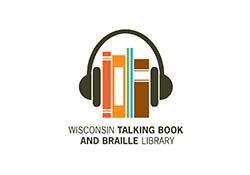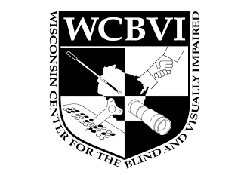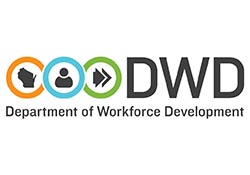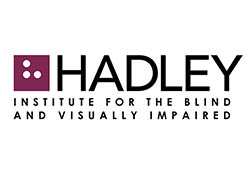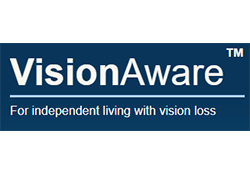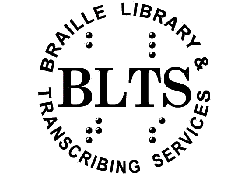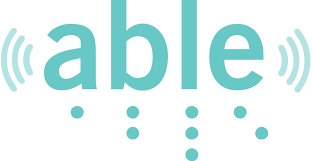Looking for information about Council Scholarships? Check out our Scholarships page.
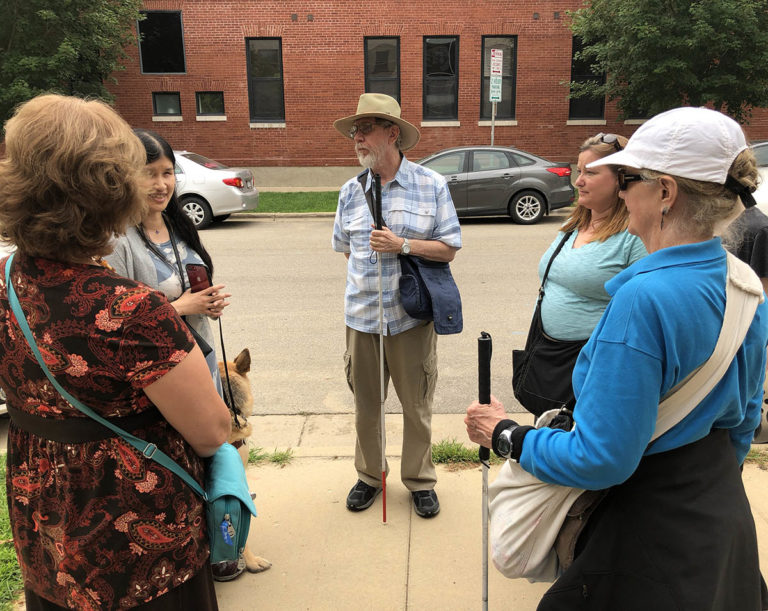
Council staff provide education on a variety of topics related to people who are blind or visually impaired. Our programs help people explore braille, demonstrate adaptive products to older adults and provide disease-specific information. Staff speak to low vision support group attendees to help them understand vision impairment and increase their own self-efficacy. These experiences help people with sight learn about changing vision, and encourage efforts to integrate persons who are blind or visually impaired into all aspects of our communities. The Council hosts annual low vision fairs throughout the state to connect people to community resources. The Council also offers scholarships each year to high school and college students who are blind or visually impaired to help them pursue education and career goals. The Council provides education programming free of charge. We accept donations to support our education efforts.
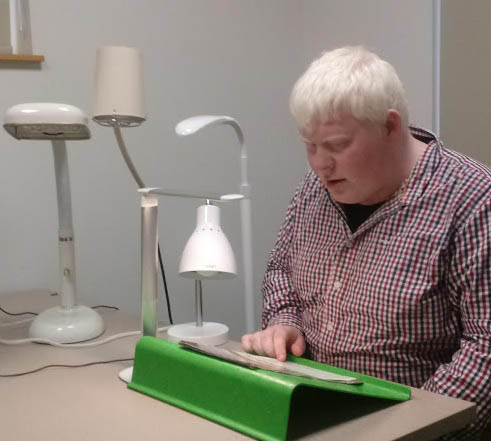
Webinars
Anyone can attend Council webinars via Zoom, a media platform that can be accessed with any electronic device with internet connection. People can also listen to webinars via phone. Topics range from birding by ear to accessible voting to lighting. Webinars include expert speakers and question and answer time.
LOW VISION FAIR
The Council has hosted Low Vision Fairs in various locations in Wisconsin and virtually. The fairs are free and open to the public. The Fair features:
- Vendors who exhibit adaptive products and local services.
- Educational sessions on topics that have included macular degeneration, labeling, high tech assistive devices and fall prevention.
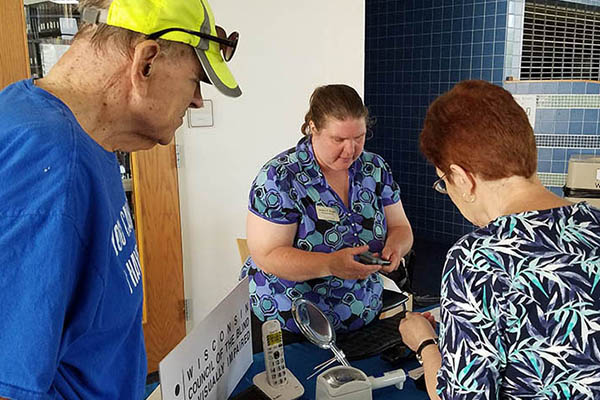
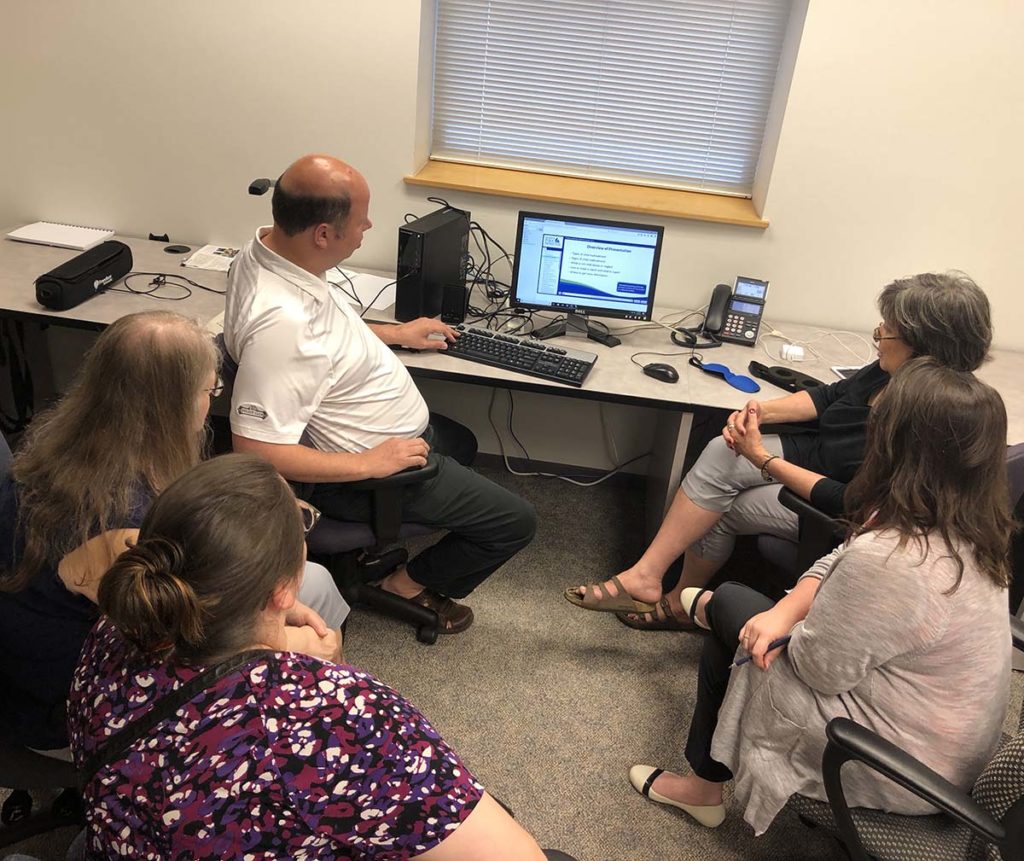
Access Technology Classes
The Council offers classes quarterly on a variety of tech topics. Group classes are free and open to the public. One-on-one instruction is also available. Contact us for details. Examples of access technology classes include demonstrations of Windows 11, Google Home, Amazon Echo, JAWS, iPhone Basics, Transitioning from Window Eyes to JAWS, Free Screen Readers, GPS, Shopping Online, and Making the Most of Built-In Magnifiers.
Outreach
Connecting the blind & visually impaired community to resources and information is a goal of the Council. This involves issue advocacy around topics such as accessible voting, voter rights, employment access, equitable transportation and the white cane law. In addition, the Council attends senior fairs and professional conferences each year to share information about services and adaptive products.
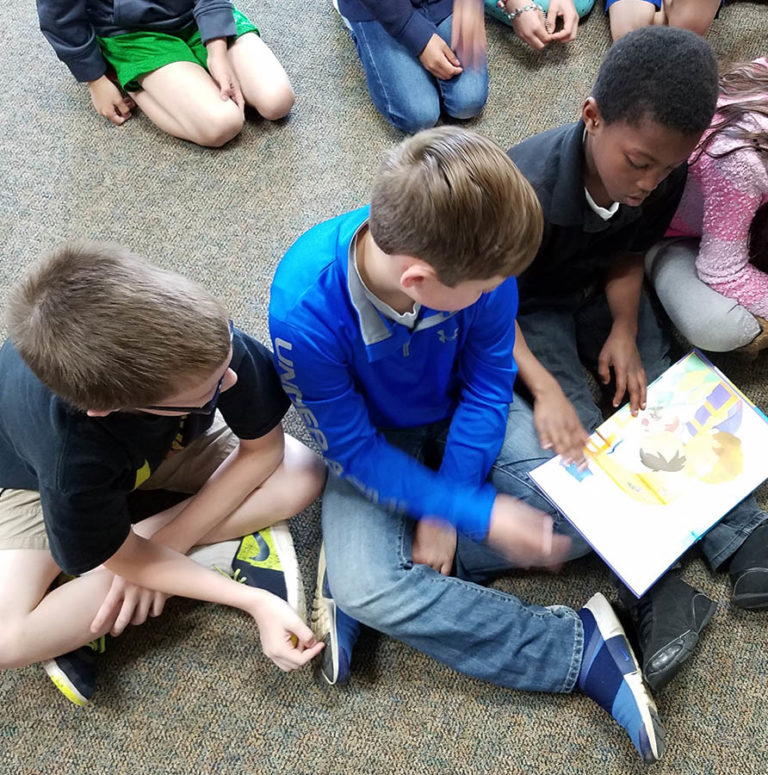
School presentations
The Council offers a 45-minute program on blindness to elementary schools, Girl or Boy Scout troops, and similar groups. Students participate in interactive activities that explore blindness, such as deciphering brailled spelling words, identifying items by sound, touch and taste, and solving a math problem using a talking calculator. This program is available to groups in Dane and surrounding counties.
Presentations to your group
We are often asked to speak about how vision typically changes as we age, common eye diseases that occur in older adults, coping with low vision, and adapting to changing vision. These presentations are appropriate for any group, but especially informative at senior centers, residential senior facilities, and community centers.
Presentation topics include:
- The Council – who we are and what we do
- Legislative priorities
- The meaning of low vision
- Accommodating vision disabilities
- Tips for living with low vision
- Adaptive products to make daily life easier
- Web, document and social media accessibility for persons with blindness or low vision
- Labeling
- Cooking tips
- Forming a low vision support group
- Vision and falls prevention
- Accessible transportation options
Need a speaker?
Are you looking for an experienced, outgoing speaker who can talk about issues related to changing vision? Depending on where you are located, we may be able to provide a speaker for your event. Complete the form to request a speaker.
You can also learn of upcoming education events and programs by signing up for the Council’s e-newsletters or following us on Facebook or Twitter.
We have created toolkits to help you plan events in your community, speak with business owners and learn tips on how to adapt to low vision.
Education resources
Provides digital audio or Braille materials of books and magazines free of charge.
This is a public, residential, K-12 school for students who are blind and visually impaired.
Provides support so that people with disabilities may live independently.
Provides adaptive equipment and career guidance for employment and financial assistance for education and training.
Promotes independence through distance correspondence courses ranging from gardening to Braille.
A free, easy-to-use informational website for adults with vision loss, their families, caregivers, healthcare providers, and social service professionals.
Provides alternative ways for people with print disabilities to read.

